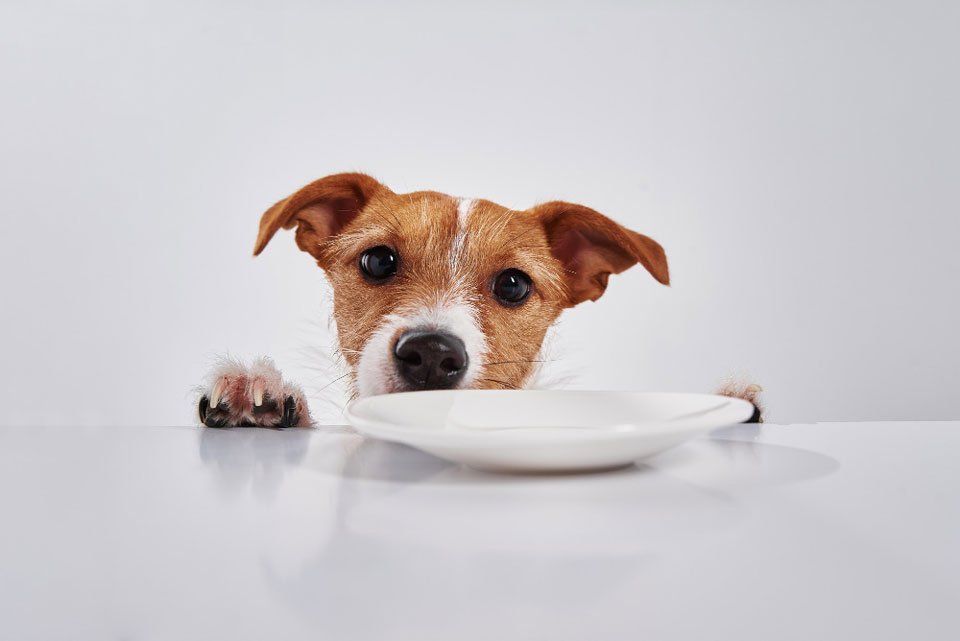I’m often guilty of giving a bite of whatever I’m busy eating to my Jack Russells. Who can resist those big brown eyes and those puppy dog faces looking at you? I digress.
With that said, I always make sure that my furry friends can eat whatever I’m having and that it won’t affect them in a bad way. I suggest that you do the same.
One question that is often asked is whether or not Jack Russells can eat cheese, and whether it can be beneficial to their health.
Let’s have a look.
Can Jack Russells Eat Cheese?
Yes, Jack Russells can eat cheese because it contains protein, calcium, vitamins, and essential fatty acids which can benefit their health. However, because cheese is high in fat, it should only be fed to Jack Russells in moderation otherwise it can lead to obesity or pancreatitis. It is also worth noting that some Jack Russells can be lactose intolerant and are therefore not allowed to eat cheese.
How Much Cheese Can Jack Russells Eat?
Sadly, one of my Jack Russells is lactose intolerant so I don’t give her cheese or any other dairy products. But my other two Jack Russells can safely consume cheese and I would occasionally give each of them a small cube (about 1 x 1 inch) of low-fat cheese twice a week. I recommend that you do the same.
You should regard cheese as a treat for your pups, and it should therefore be fed in moderation otherwise it can lead to obesity or pancreatitis.
How Do I Know If My Jack Russell Is Lactose Intolerant?
Some dogs, in general, are lactose intolerant and can display adverse reactions to dairy in general. If your Jack Russell is displaying any of the following symptoms after eating cheese, then he might be lactose intolerant:
1.) Diarrhea
2.) Loose Stools
3.) Bloating
4.) Gas
5.) Vomiting
As I mentioned earlier, my oldest Jack Russell, Charlie, is lactose intolerant. I only discovered this after I’ve given her some milk to drink and she started to vomit after a while. Luckily, she was fine after that.
If your Jack Russell is lactose intolerant and he has somehow managed to eat some cheese, it is best to keep an eye on him for up to 12 hours. He might display symptoms of abdominal distress or discomfort like vomiting. If you’re concerned about your furry friend’s health, please speak to a vet first.
What Kind Of Cheese Can My Jack Russell Eat?
I would highly recommend that you feed your Jack Russell low-fat cheese. Cottage cheese is a great option because it is lower in fat and sodium when compared to other cheeses, and as a bonus, it is also lower in lactose which means it is less likely to give your pup an upset stomach.
You also have the option of giving your Jack Russell mozzarella cheese or soft goat cheese as these are also low in fat.
It is important to note that certain types of cheese can contain herbs like onions and garlic that are toxic to dogs in general, so it is best not to feed them to your pup.
It is also a great idea to have a chat with a vet if you are not sure what type of cheese is best for your pup, and I’m sure your vet will recommend low-fat cheese as well. Or perhaps another substitute that will be beneficial to your Jack Russell’s diet.
Conclusion
There you have it. Jack Russells can eat cheese because it contains protein, calcium, vitamins, and essential fatty acids. However, eating too much cheese can cause obesity or even pancreatitis, so it is best not to feed your Jack Russell cheese on a regular basis.
Once or twice a week is fine, and a little bit of cheese at a time will do.
If your Jack Russell is lactose intolerant, and he has eaten cheese, keep a close eye on him for up to 12 hours after consumption. He might display symptoms of abdominal distress, and if you’re concerned about your pup it is best to speak to a vet.


